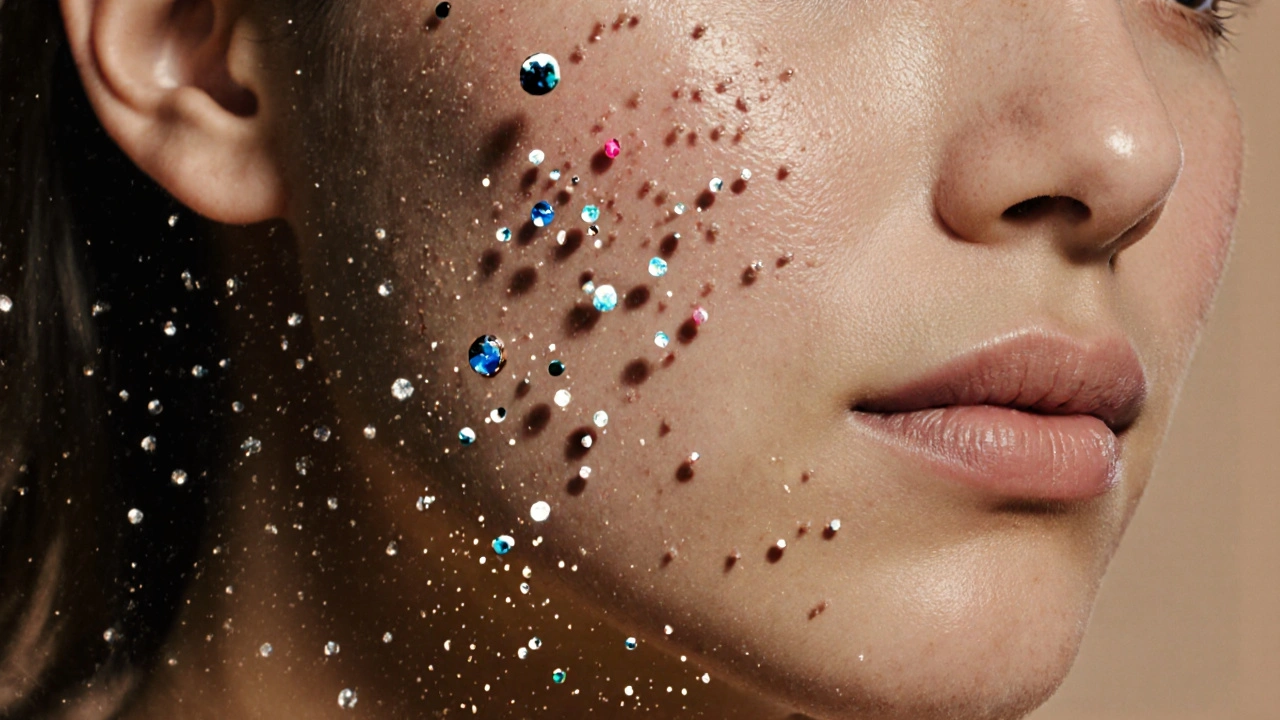When working with Dermatology, the medical field that studies skin, hair, nails and related disorders. Also known as skin medicine, it helps doctors diagnose, prevent and treat conditions that affect the body’s largest organ. dermatology encompasses both aesthetic concerns and serious medical issues, making it a key specialty for overall health.
One of the first tools dermatologists rely on is a proper Antiseptic, a substance that reduces or stops infection on the skin. Antiseptics influence wound healing outcomes, and choosing the right one—like povidone‑iodine versus chlorhexidine—can change recovery time. Another hot topic is Acne, a common inflammatory condition of the pilosebaceous unit. Effective acne treatment often involves retinoid agents such as Adapalene, which works at the cellular level to unclog pores and reduce inflammation. Lastly, Alopecia, hair loss that can be patchy or complete isn’t just a cosmetic issue; it can affect professional life, trigger legal considerations and require workplace accommodations. Together, these entities illustrate how dermatology requires topical treatments, influences daily comfort and intersects with broader social factors.
The articles below dive deep into these subjects and more. You’ll find side‑by‑side comparisons of antiseptic options, step‑by‑step guides for using Adapalene safely, and practical advice on managing alopecia at work. Whether you’re a patient looking for clear advice or a professional seeking the latest evidence, this curated collection offers actionable insights that go beyond basic definitions. Keep reading to discover detailed drug guides, case studies, and practical tips that empower you to make informed skin‑health decisions.

Explore how microdermabrasion can clear acne, what to expect during treatment, after‑care tips, and how it compares to other clinical options.